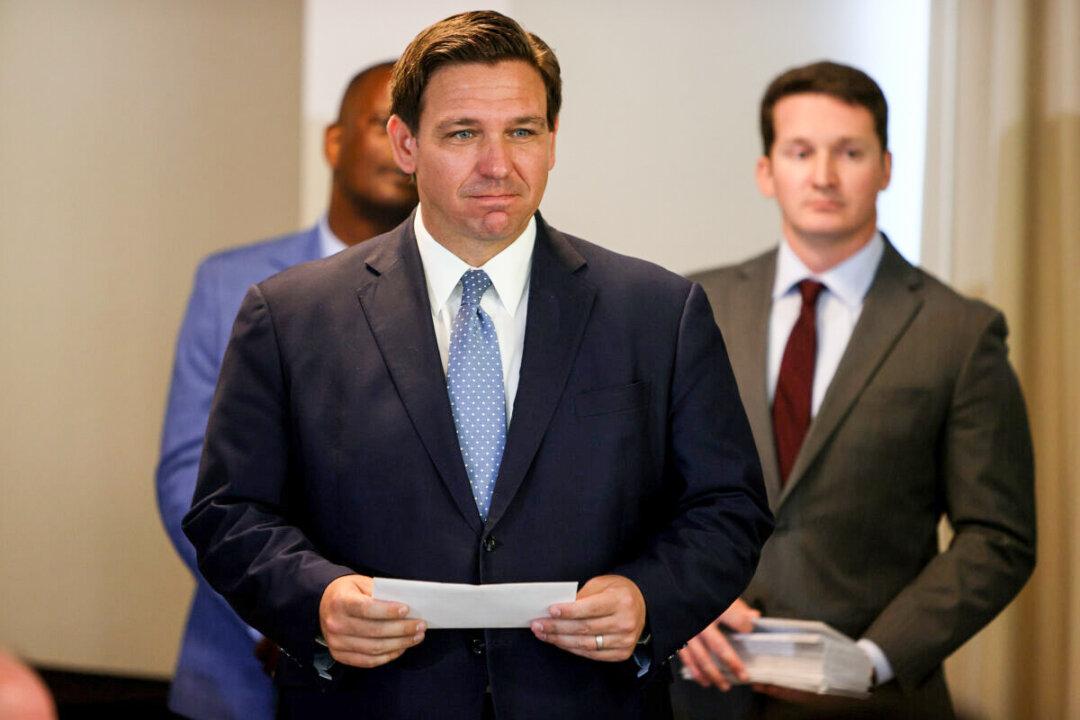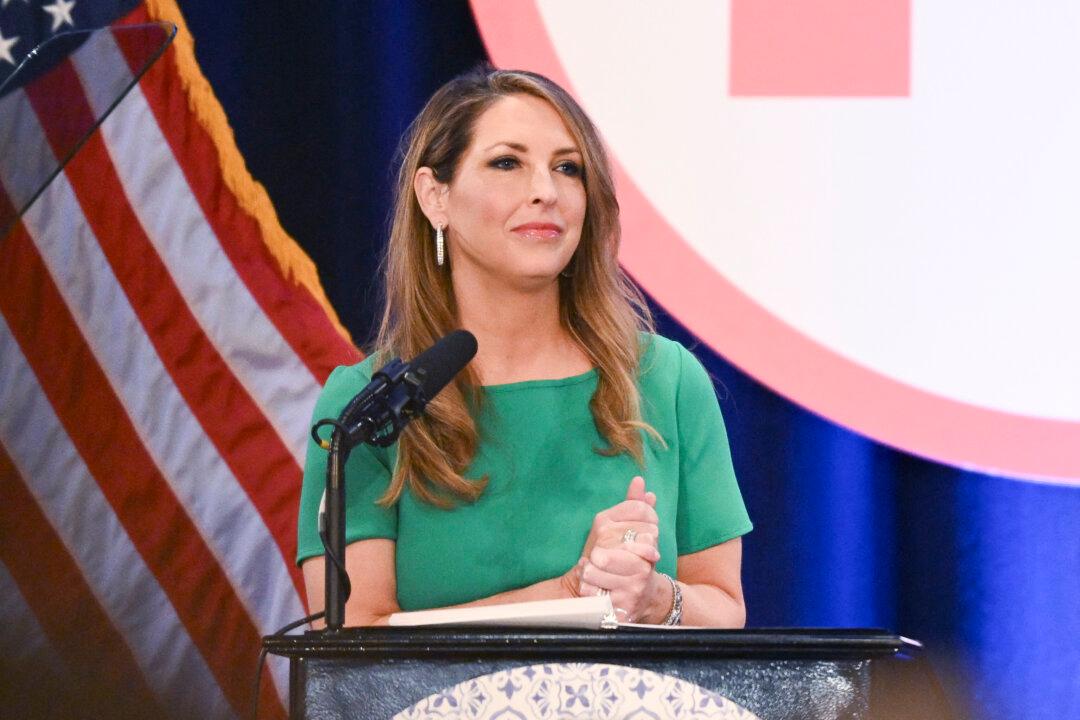Florida Gov. Ron DeSantis said the ports in his state can act as part of a solution to ongoing supply chain issues.
“So we have capacity at all of our ports. ... We’ve got capacity, and all of our ports can offer these businesses good incentives if they reroute their ships,” he said during an interview with Fox News’ Tucker Carlson. “We’ve already had some ships rerouted. We expect to have more, but if you’re going to sit off the coast for days on end, you might as well just bring it to Florida. We’ve got great logistics on the ground that can get it to market.





